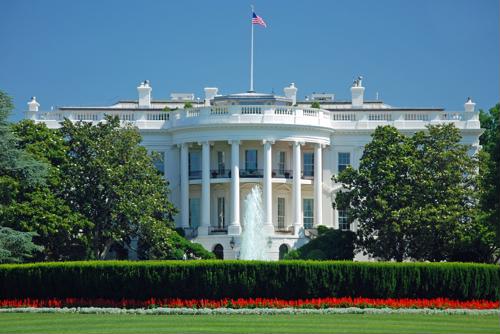Campaign finance reform has been discussed in various lights over the years. In 2002, the landmark McCain-Feingold Act, otherwise known as the Bipartisan Campaign Reform Act, amended existing legislation dating back to 1971, and made strides in regulating campaign finance in a way that both sides of the aisle supported.
However, in the years preceding and after the 2010 Citizens United Supreme Court decision, campaign finance reform appeared to be heavily on the agendas of Democrat and Independent lawmakers, but not so much the GOP. Fast forward to the rapidly approaching 2016 election, and it appears the need for more regulation over finances during the campaign process continues to be a widespread talking point.
Graham has gone so far as to say that this should be the last election under the current campaign finance laws.
From Bernie Sanders to Lindsey Graham and Ted Cruz
If Bernie Sanders and Lindsey Graham sat around a campfire together, they may not agree on very much. The former, an Independent Senator from Vermont who openly calls himself a socialist, only shares a few political viewpoints with the latter – a Republican South Carolina Senator. However, with 2016 on both politicians' minds, each have riled up crowds around the country talking about ways to scale back the potential influence money has on politics when not properly regulated.
"You're going to have money dumped in this election cycle that's going to turn off the American people," Graham recently stated, according to The Atlantic. "There's going to be a need and a movement to try to control the money in politics."
Despite their stances, these candidates will likely lean on the help of PACs to finance their campaigns. This is, in large part, because extremely high spending costs have become the norm – even essential – for getting a seat in Congress or the White House. In spite of or perhaps because of this need, Graham has gone so far as to say that this should be the last election under the current campaign finance laws.
"Every campaign will have friendly super PACs," Graham said, according to USA Today. "You can only ask for a $5,000 contribution as a candidate. So the super PAC role looms large in presidential campaigns."
Anyone familiar with Sanders likely isn't surprised by his desire for tightened controls on campaign spending. He and fellow Sen.Tom Udall recently penned a letter with the title "The Threat to American Democracy," in which the two discussed the need for significant amendments to existing laws.
One of the duo's biggest concerns was the issue surrounding "dark money."

"Even more worrisome is the explosion of 'dark money' – dollars spent by groups that do not have to disclose their funding sources. The 2012 election saw almost $300 million in dark money spending, and the 2014 election could potentially see as much as $1 billion," the two wrote in the letter, published by Politico.
Republican New Jersey Gov. Chris Christie also has common ground in this regard. According to The Atlantic, he recently stated the only thing that was "potentially corrupting" was that "we don't know where the money is coming from."
Ted Cruz, the ultra-conservative Texas Senator and Tea Party posterboy also weighed in when he recently told Politico that "running for office is real simple: you just surgically disconnect your shame sensor."
Do the American people really care about campaign finance reform?
"Because you spend every day asking people for money," he explained. "You walk up and say, 'How are you doing, sir? Can I have money? Great to see you, lovely shirt, please give me money.' That's what running for office is like."
While campaign finance reform may not be as sexy a political talking point as social issues or foreign affairs, it appears the candidates are ready to broach it with the American people. However, is this an issue they really care about?
Listening to the people
It makes sense that more and more candidates are putting discussion around campaign finance laws on their dockets.
According to one 2014 poll commissioned by Public Citizen, 61 percent of respondents said they oppose, and 51 percent said they strongly oppose, the Citizens United Supreme Court decision. Moreover, there was little variance in political party affiliation, with 61 percent, 58 percent and 62 percent of Democrats, Republicans and independents, respectively, saying they opposed the decision.
With any changes to campaign finance rules, PACs can expect even higher scrutiny when it comes to PAC reporting and help with Federal Election Commission reporting rules. Public Affairs Support Services (PASS) specializes in campaign finance compliance services for PACs of all shapes and sizes.

